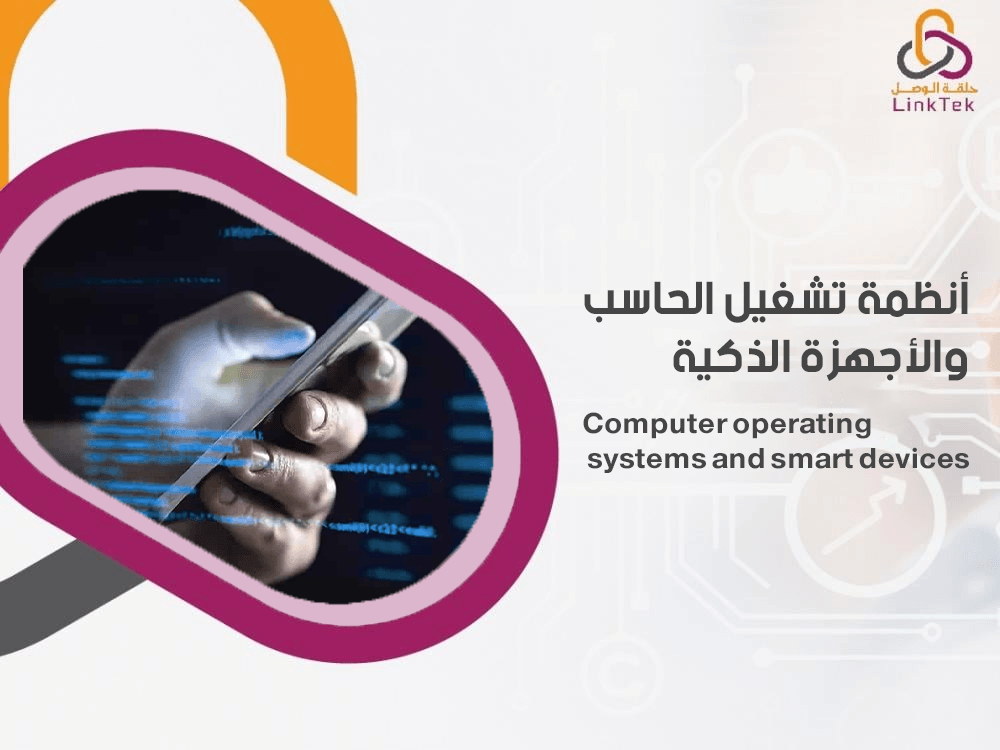
In the current era, working with computers and smart devices has become ubiquitous, essential for both professional and personal purposes. This necessitates a deep understanding of various operating systems (OS), crucial for troubleshooting and optimizing device performance. In this article, we explore the most prominent computer and smart device operating systems, their functionalities, and the importance of mastering them.
Most Popular Computer Operating Systems
- Windows: Developed by Microsoft, Windows is widely used across personal computers due to its user-friendly interface and extensive software compatibility.
- macOS: Apple's macOS is renowned for its seamless integration with Apple hardware, emphasizing security and creative capabilities.
- Linux: Embraced for its open-source nature, Linux distributions like Debian and Fedora offer robust customization and stability, ideal for tech enthusiasts and developers.
Leading Smart Device Operating Systems
- Android: Google's Android OS dominates the smartphone market, prized for its flexibility, vast app ecosystem, and integration with Google services.
- iOS: Exclusive to Apple devices, iOS prioritizes security, performance, and seamless synchronization across Apple products, appealing particularly to users in the Apple ecosystem.
- HarmonyOS: Developed by Huawei, HarmonyOS aims to unify smart devices under one operating system, enhancing connectivity and user experience across Huawei's ecosystem.
Importance of OS Proficiency
Understanding your computer or smart device's operating system provides numerous benefits:
- Mastering System Characteristics: Each OS has unique attributes such as memory management and performance optimizations, crucial for maximizing device efficiency.
- Effective Troubleshooting: Knowing OS-specific troubleshooting methods empowers users to diagnose and resolve technical issues swiftly, minimizing downtime.
- Access to Authorized Maintenance: Awareness of certified maintenance centers ensures proper servicing and support, maintaining device longevity and performance.
- Optimal Operation: Familiarity with OS functionalities enables users to utilize features effectively, enhancing overall user experience and productivity.
Handling OS Errors and Maintenance
Dealing with OS-specific errors requires systematic approaches:
- Diagnostic Tools: Utilize available diagnostic tools to identify and resolve system issues accurately, leveraging OS-specific utilities for effective troubleshooting.
- Restarting Devices: Restarting devices is a universal remedy that often restores normal operation, resolving temporary glitches across different OS platforms.
- Backup Restoration: Regular backups safeguard data and facilitate swift recovery in case of system failures, essential for maintaining data integrity.
- Technical Support Consultation: Seeking advice from OS-specific technical support ensures expert guidance tailored to your device's operating system, optimizing problem resolution.
- Regular Updates: Keeping your OS updated with the latest patches and enhancements improves system stability and security, addressing vulnerabilities and enhancing performance.
Knowledge of computer and smart device operating systems is indispensable for maximizing device efficiency, troubleshooting effectively, and optimizing user experience. Whether for personal use or professional endeavors, understanding the nuances of operating systems empowers users to harness technology's full potential while ensuring smooth operation and reliability.

